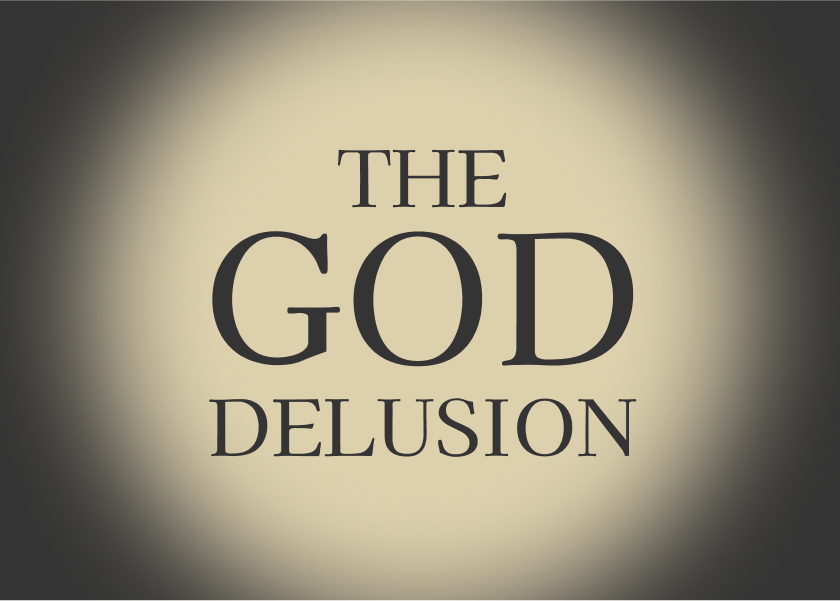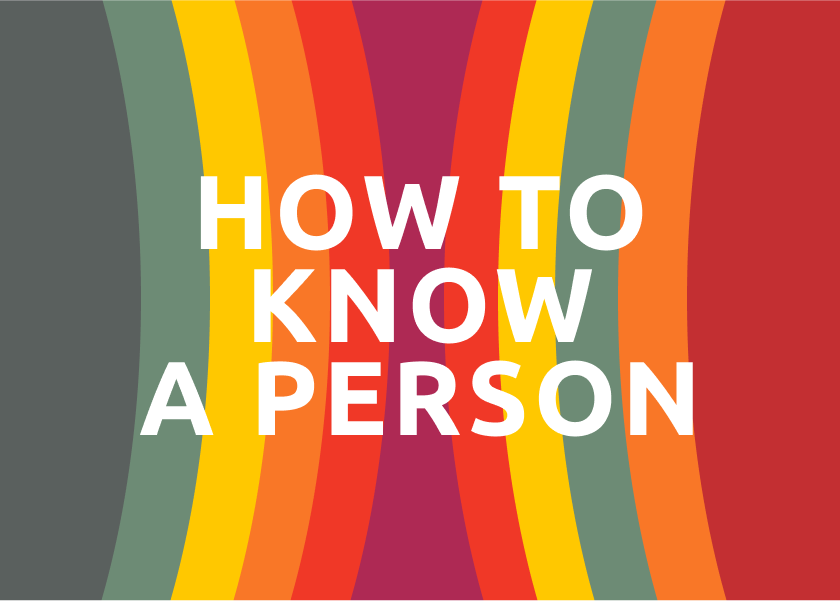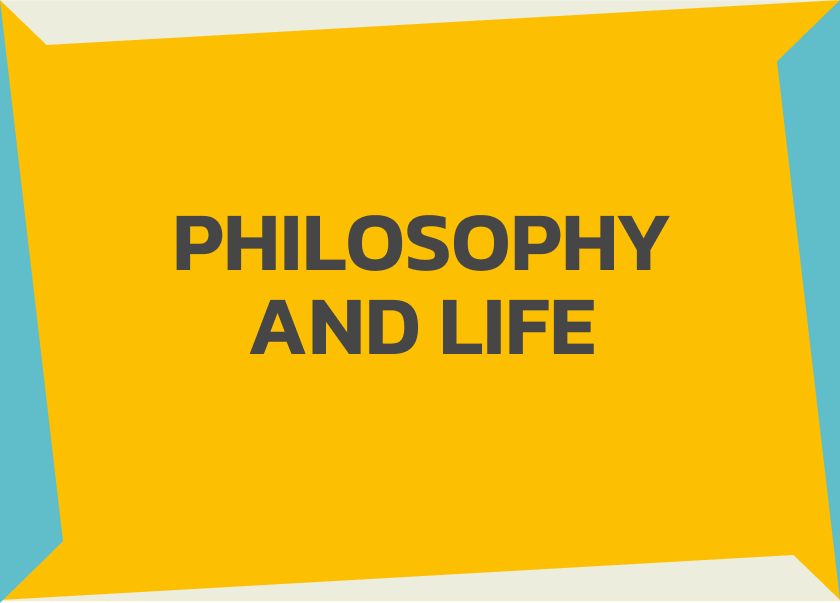The God Delusion by Richard Dawkins - Summary
Is God a delusion? This book boldly says YES! Explore weak arguments for God's existence and discover the inspiring power of science to explain our world. Embrace atheism: a fulfilling, rational, and proud stance!

The following is a summary and review of the book The God Delusion by Richard Dawkins.
Does God Exist?
Are you grappling with questions of faith, or perhaps find yourself disillusioned with traditional religious dogma? Richard Dawkins' The God Delusion offers a powerful and often provocative exploration of why the author believes that the concept of God is not only unfounded but also deeply damaging. This influential book, penned by the renowned evolutionary biologist, has ignited fervent debate and become a cornerstone of the New Atheist movement. While the full text offers a comprehensive and meticulously argued case, this summary provides a detailed overview of its key arguments, allowing you to grasp its central tenets and decide whether to delve into the complete work.
Table of Contents
- About the Author
- Who Should Read This Book?
- Key Insights and Themes
- Detailed Summary
- Review
- Actionable Takeaways
- FAQs
- Conclusion
About the Author
Richard Dawkins is an emeritus fellow of New College, Oxford, and was formerly the Simonyi Professor for the Public Understanding of Science at the University of Oxford. He is celebrated for his ability to popularise complex scientific ideas, most notably through his seminal work The Selfish Gene. A staunch advocate for scientific reasoning and critical thinking, Dawkins has consistently challenged pseudoscientific and supernatural beliefs throughout his career, establishing him as a significant voice in contemporary intellectual discourse.
Who Should Read This Book?
The God Delusion is a compelling read for a diverse audience:
- Individuals questioning their religious upbringing: Those who feel a disconnect from the faith they were raised in or are experiencing religious doubt will find validation and intellectual ammunition within its pages.
- Atheists and agnostics: The book offers a robust defence of atheism, providing a framework for understanding and articulating a non-belief in God. It also fosters a sense of community and pride in a secular worldview.
- Religious individuals open to intellectual challenge: Readers willing to engage with a critical perspective on their faith and explore alternative viewpoints may find this book thought-provoking, even if they ultimately disagree with its conclusions.
- Anyone interested in the intersection of science, religion, and philosophy: The book delves into arguments for and against God's existence, the origins of morality and religion from a Darwinian perspective, and the impact of religious belief on society.
Key Insights and Themes
Here’s a glimpse into the book's key takeaways:
- The God Hypothesis: Dawkins defines the existence of a supernatural, intelligent creator of the universe as a testable scientific hypothesis, which he argues fails to stand up to scrutiny.
- Lack of Evidence: The book systematically dismantles traditional arguments for God's existence, including those from Aquinas, the ontological argument, the argument from beauty, personal experience, scripture, and admired religious scientists.
- Natural Explanations: Dawkins champions natural selection as a powerful and elegant explanation for the apparent design and complexity of the universe and life, rendering the need for a divine designer superfluous.
- Darwinian Roots of Religion: The book explores evolutionary explanations for the origins of religious belief, suggesting it may be a by-product of psychological tendencies that were once advantageous for survival, such as a child's predisposition to believe their elders.
- Secular Morality: Dawkins argues that morality has Darwinian origins, rooted in kinship, reciprocal altruism, and the development of reputation, and is independent of religious belief. He critiques the moral teachings found in religious texts, highlighting their inconsistencies and outdated principles.
- The Problems with Religion: The book examines the negative consequences of religion, including fundamentalism and the subversion of science, the dark side of absolutism, the fostering of in-group preference and out-group hostility, and the potential for abuse and indoctrination of children.
- Atheistic Pride and Inspiration: Dawkins advocates for atheistic pride, asserting that it represents a healthy independence of mind. He argues that the wonders of the natural world offer a profound source of inspiration and meaning, negating the need for religious consolation.
Detailed Summary
Preface
Dawkins recounts an anecdote about his wife wishing to leave her unhappy school years later but not realising it was an option. This serves as a metaphor for those trapped within religion who don't realise they can leave. The book aims to raise consciousness about atheism as a viable and fulfilling alternative.
1. A Deeply Religious Non-Believer
Dawkins clarifies that his critique is aimed at supernatural gods, particularly Yahweh, not the deistic "God of Einstein" representing a sense of awe at the universe. He addresses the issue of respect for religious beliefs, arguing that while individuals deserve respect, their beliefs do not automatically warrant it, especially when they lack rational justification.
2. The God Hypothesis
Dawkins defines the "God Hypothesis" as the belief in a superhuman, supernatural intelligence who deliberately designed and created the universe. He explores the spectrum from polytheism to monotheism and examines the secular foundations of America. He critiques the "poverty of agnosticism," arguing against the notion that the probability of God's existence is 50 per cent simply because it can't be definitively proven or disproven. He also discusses "NOMA" (Non-Overlapping Magisteria), the idea that science and religion occupy separate domains, finding it to be a form of appeasement. The chapter touches upon the futility of the Great Prayer Experiment and the analogy of "Little Green Men" to highlight the lack of evidence for God.
3. Arguments for God's Existence
This chapter systematically analyses and refutes classical arguments for God's existence.
- Thomas Aquinas' 'Proofs': Dawkins finds these arguments to be flawed and unconvincing.
- The Ontological Argument: He dismisses this and other 'A Priori' arguments as wordplay that proves nothing about reality.
- The Argument from Beauty: Dawkins contends that beauty is subjective and can be explained by natural processes.
- The Argument from Personal 'Experience': He suggests that personal experiences are subjective and can be attributed to psychological factors rather than divine intervention.
- The Argument from Scripture: Dawkins points out the unreliability and contradictions within religious texts, questioning their authority as evidence for God.
- The Argument from Admired Religious Scientists: He presents evidence suggesting that the overwhelming majority of elite scientists are atheists, undermining the claim that science supports religious belief.
- Pascal's Wager: Dawkins critiques this pragmatic argument for belief based on potential rewards and punishments.
- Bayesian Arguments: While acknowledging the logic of Bayesian reasoning, he argues that assigning prior probabilities to God's existence is arbitrary and unsupported. He cites Stephen Unwin's attempt to use Bayes' Theorem, highlighting the subjective nature of the assigned probabilities.
4. Why There Almost Certainly Is No God
This chapter presents Dawkins' central argument against the likelihood of God's existence.
- The Ultimate Boeing 747: He introduces this analogy, arguing that a complex designer like God would be statistically far more improbable than the complex things God is supposed to have designed.
- Natural Selection as a Consciousness-Raiser: Dawkins reiterates the power of natural selection to produce complexity without the need for conscious design.
- Irreducible Complexity: He addresses and refutes the argument that some biological systems are too complex to have evolved gradually.
- The Worship of Gaps: Dawkins criticises the tendency to invoke God as an explanation for things science currently doesn't understand, arguing that these "gaps" in our knowledge are shrinking, not expanding.
- The Anthropic Principle: He discusses both the planetary and cosmological versions, suggesting that the fine-tuning of the universe for life may be a result of chance or a multitude of universes, rather than divine design.
5. The Roots of Religion
Dawkins explores the evolutionary origins of religious belief. He discusses potential direct advantages of religion, the controversial idea of group selection, and the more widely accepted view that religion is a by-product of other evolved psychological traits. He suggests that humans may be psychologically primed for religion due to a child's trust in authority, the "intentional stance" (our tendency to attribute intentions to agents), and the spread of "memes" – cultural units of information that can replicate and evolve like genes. He also touches upon cargo cults as an example of misdirected belief in the face of advanced technology.
6. The Roots of Morality: Why Are We Good?
Dawkins argues that our moral sense has a Darwinian origin, predating religion. He discusses the role of kin selection (altruism towards relatives) and reciprocal altruism ("you scratch my back and I'll scratch yours") in the evolution of cooperation and empathy. He also highlights the importance of reputation in human societies. Drawing on the work of Marc Hauser, he suggests the existence of a universal moral grammar, a built-in sense of right and wrong that operates largely independently of religious beliefs.
7. The 'Good' Book and the Changing Moral Zeitgeist
Dawkins critiques the Bible as a source of morality, highlighting its outdated and often cruel commandments and narratives. He argues that modern moral values, even among religious individuals, are not derived directly from scripture but have evolved over time, influenced by a secular "moral zeitgeist". He questions whether those who uphold the Bible's morality have truly read and understood its contents. He also addresses the misuse of religion to justify atrocities, even questioning the supposed atheism of figures like Hitler and Stalin.
8. What's Wrong with Religion? Why Be So Hostile?
Dawkins outlines several reasons for his critical stance on religion. He discusses the dangers of fundamentalism and its subversion of science, the problems with religious absolutism and its intolerance. He examines faith and its conflict with reason, touching upon issues like homosexuality and the sanctity of human life. He criticises the "Great Beethoven Fallacy" (the notion that great art necessitates a divine inspiration). He argues that even "moderation" in faith can foster fanaticism by lending undeserved respectability to religious belief.
9. Childhood, Abuse and the Escape from Religion
This chapter focuses on the negative impact of religious indoctrination on children. Dawkins argues that children are particularly vulnerable to the uncritical acceptance of religious beliefs passed down by parents and elders. He highlights the potential for physical and mental abuse within religious contexts and defends the importance of children developing independent thought. He criticises the privileged status given to religious education, suggesting it should be treated as part of literary culture rather than as the transmission of truth. He celebrates those who manage to escape from restrictive religious environments.
10. A Much Needed Gap?
This concluding chapter explores the idea that science can fill the inspirational and consolatory roles traditionally occupied by religion. Dawkins argues that a proper understanding of the magnificence of the real world offers profound wonder and meaning. He emphasises the preciousness of our single life and encourages embracing a life-affirming, evidence-based worldview. He draws on the beauty and intellectual satisfaction offered by scientific understanding.
Review
The God Delusion is a powerful and persuasive book that presents a clear and uncompromising critique of religious belief. Dawkins' writing is typically lucid and engaging, making complex arguments accessible to a broad audience. His systematic dismantling of traditional arguments for God's existence is often compelling, relying on logic, scientific evidence, and critical thinking. The book's exploration of the evolutionary roots of religion and morality offers fascinating insights into the human predisposition for belief and our capacity for goodness without divine guidance.
However, the book has also faced criticism. Some argue that Dawkins' tone is often polemical and disrespectful towards religious believers, potentially alienating those he seeks to convince. Critics also suggest that he sometimes oversimplifies complex theological concepts and fails to engage with more nuanced forms of religious thought. Additionally, some argue that the book's focus on the negative aspects of religion neglects the positive social and cultural roles that religion has played for many.
Despite these criticisms, The God Delusion remains a significant and influential work that has undeniably shaped the contemporary debate about religion and atheism. It has empowered many to question their faith and embrace a secular worldview, and it has sparked important conversations about the role of religion in society.
Actionable Takeaways
Here’s how to apply these lessons in real life:
- Cultivate Critical Thinking: Question the basis of your own beliefs and the beliefs of others. Demand evidence and logical reasoning, especially when dealing with extraordinary claims.
- Embrace Reason and Evidence: Prioritise evidence-based explanations over faith-based assertions. Seek knowledge and understanding of the natural world through science.
- Find Inspiration in the Real World: Appreciate the wonder and complexity of the universe and life on Earth. Let scientific discoveries and the beauty of nature be your source of awe and inspiration.
- Develop Your Own Moral Compass: Recognise that morality is rooted in human empathy and reason, not divine decree. Engage with ethical principles and strive to live a good life based on compassion and justice.
- Support Secularism: Advocate for the separation of church and state and the importance of reason in public discourse and policy. Support organisations that promote critical thinking and secular values.
- Be Open to Dialogue: While holding firm to your own reasoned conclusions, engage in respectful discussions with those who hold different beliefs. Understand their perspectives, even if you disagree with them.
FAQs
- What is "The God Delusion" about? "The God Delusion" is a book by Richard Dawkins that argues against the existence of God and explores why the author believes that religious belief is a delusion with potentially harmful consequences. It examines arguments for God, offers naturalistic explanations for the origins of religion and morality, and critiques the negative aspects of religious faith.
- Is "The God Delusion" worth reading? Yes, for anyone interested in the debate between science and religion, the origins of belief and morality, or the arguments for atheism. It offers a thought-provoking and often challenging perspective, even if you don't agree with all of its conclusions.
- What are Richard Dawkins' main arguments in "The God Delusion"? Dawkins' main arguments include the lack of evidence for God's existence, the power of natural selection to explain complexity, the evolutionary origins of religion and morality, the negative impacts of religious belief on society, and the inspiring potential of a secular worldview.
- Is "The God Delusion" anti-religious? The book is a strong critique of religious belief, particularly supernaturalistic and organised religion. While Dawkins states that individuals deserve respect, he does not extend the same respect to religious beliefs that lack rational justification. Therefore, it is often perceived as anti-religious by believers.
Conclusion
Richard Dawkins' The God Delusion is a seminal work in the contemporary discussion about science, religion, and reason. It offers a robust and often controversial challenge to theistic belief, grounded in evolutionary biology and a commitment to critical thinking. Whether you agree with its conclusions or not, the book compels readers to confront fundamental questions about existence, morality, and the nature of belief. By providing a detailed summary of its key arguments, this overview aims to equip you with the understanding necessary to engage with its ideas and perhaps even inspire you to explore the full text for a deeper dive into Dawkins' compelling perspective.
As an Amazon Associate, ShelfHelp may earn money from qualifying purchases. Needless to say, ShelfHelp only includes affiliate links to books we recommend and think are worth your time reading.




